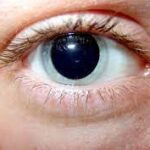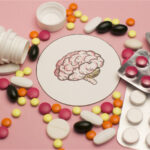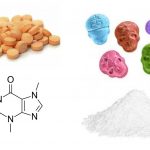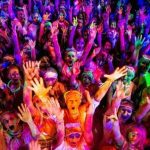What Drugs Can Cause Hypnic Jerks?
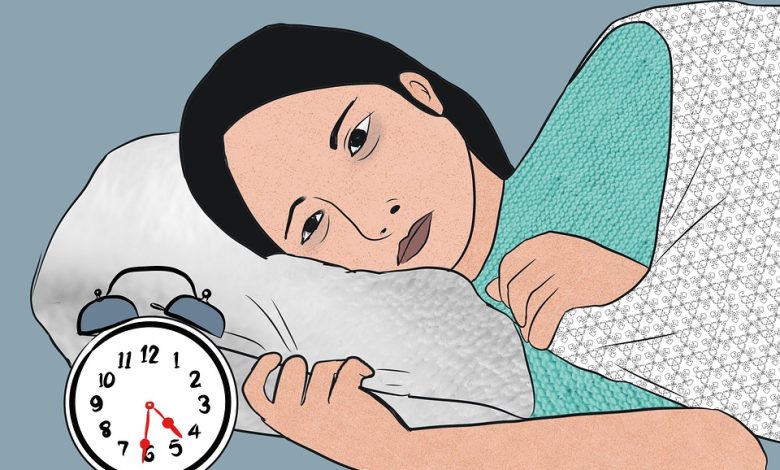
Hypnic jerks, also known as hypnagogic jerks or “sleep starts,” are involuntary muscle contractions that some people experience as they fall asleep. Hypnic jerks occur seemingly at random as you’re falling asleep, and typically only affect one side of the body, such as your left arm and left leg. You may experience a single jerk, or multiple in succession before your body relaxes again.
In addition to the jerking movement, it’s common to experience other sensations or mental imagery along with a hypnic jerk, such as a dream or hallucination. People often report feeling like they’re falling, and seeing flashing or blinding lights. The authors of a 2016 study noted that hypnic jerks occur randomly and affect people of all ages. Additionally, the researchers found that 60–70% of individuals experience hypnic jerks, usually just as they are about to fall asleep. However, people who experience them do not usually have them every time they sleep.
What Do Hypnic Jerks Feel Like?
Hypnic jerks occur seemingly at random as you’re falling asleep, and typically only affect one side of the body, such as your left arm and left leg. You may experience a single jerk, or multiple in succession before your body relaxes again.
In addition to the jerking movement, it’s common to experience other sensations or mental imagery along with a hypnic jerk, such as a dream or hallucination. People often report feeling like they’re falling, seeing flashing or blinding lights, or hearing banging, crackling, or snapping sounds. For the most part, hypnic jerks are painless, although some people do report a tingling or painful sensation.
Hypnic jerks can feel different at different times. Sometimes they’re strong enough to jolt a person awake and disrupt the process of falling asleep. Other times, they’re so mild that the affected person doesn’t notice them at all — although their sleep partner might.
Hypnic jerks occur at any age, but they’re more common among adults. In part, this may be due to the fact that some of their potential causes, such as caffeine consumption and elevated stress levels, are also more common in adulthood. However, children can experience hypnic jerks from birth. The author of one older study from 2003 describes myoclonus, or uncontrollable body movements, as a developmental feature of the human nervous system, present from the early stages of fetal development.
What is a Drug-Induced Hypnic Jerk?
A drug-induced hypnic jerk is a rare adverse drug reaction triggered by some types of drugs which results in an involuntary twitch or muscle contractions just before you fall asleep. Many medications and illicit drugs have been reported to cause these jerks with regular frequency.
When drug-induced hypnic jerks occur frequently and for most nights, they can lead to fears and anxiety around bedtime and cause sleep onset insomnia. If you have events that are occurring so frequently that it contributes to insomnia, you should seek professional help.
What Drugs Can Cause Hypnic Jerks?
Several groups of drugs can cause or increase the frequency of hypnic jerks they include:
Antidepressants
Antidepressants are a class of drugs that reduce symptoms of depressive disorders by correcting chemical imbalances of neurotransmitters in the brain. Although, antidepressants work by inhibiting the reuptake of specific neurotransmitters they have also been linked to hypnic jerks. Examples of antidepressants that may cause hypnic jerks include Escitalopram (Lexapro), Fluoxetine (Prozac), and Paroxetine (Paxil, Pexeva). Patients have also reported hypnic jerk issues with Sertraline (Zoloft).
Opioids
Opioids are a class of drugs that derive from, or mimic, natural substances found in the opium poppy plant. Opioids work in the brain to produce a variety of effects, including pain relief. Opioid drugs include prescription pain medicine and illegal drugs. Morphine, methadone, and heroin which all belong to this class of drugs have been frequently implicated in the causation of hypnic jerks.
Stimulants
Stimulants, a class of drugs that speed up messages traveling between the brain and body can also cause hypnic jerks. Stimulants enhance the activity of the central and peripheral nervous systems and their common effects may include increased alertness, awareness, wakefulness, endurance, productivity, motivation, arousal, locomotion, heart rate, and blood pressure, and a diminished desire for food and sleep. Examples of stimulants that can cause hypnic jerks include caffeine and nicotine.
What to do if a drug is causing hypnic jerks?
If you suspect that your medication or drug is causing hypnic jerks, contact your doctor about your concerns. Your doctor may be able to adjust your dosage, offer advice on how to cope with side effects, provide alternative treatments, or give you additional medications or supplements to help with hypnic jerks. Do not stop taking a prescribed medication without consulting your doctor first.
If you have been using or abusing illicit drugs and you start experiencing hypnic jerks, seek professional help immediately in order to minimize withdrawal symptoms and prevent the return to substance abuse.
There are also several strategies you can take on your own to promote better sleep and prevent hypnic jerks from messing up with your nap. Here are a few tips to help you cope with hypnic jerks:
• Turn off bright screens and any sources of blue light (like TVs, laptops, or smartphones) an hour before bed
• Keep your room dim or dark with blackout curtains
• Engage in a calming activity like a bath, shower, or meditation beforehand
• Only use your bed for sleep and intimate activities
• Avoid physical activity several hours before bedtime by exercising in the morning or during the day
• Avoid or minimize napping during the day
• Avoid trigger drugs such as caffeine and other stimulants up to 6 hours before bed

